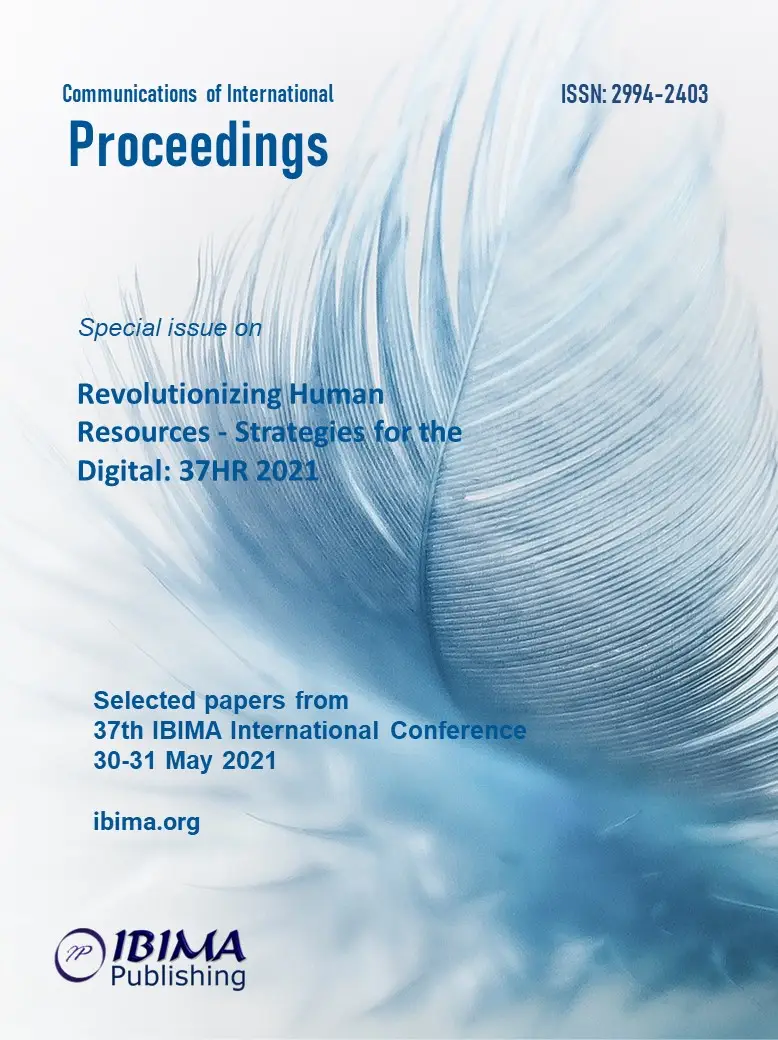

1Maria Isabel Barreiro RIBEIRO, 1António José Gonçalves FERNANDES, 1Isabel Maria LOPES and 2António Pedro Ribeiro FERNANDES
1Instituto Politécnico de Bragança, Campus Santa Apolónia
2aculdade de Ciências da Universidade do Porto, Rua do Campo Alegre, 1021/1055, 4169-007 Porto, Portugal

Worker absences are costly and disruptive for Public Administration, and the trend has steadily increased over the years (Hassan, Wright & Yukl, 2014). In Portugal, the absenteeism is also increasing in public administration. For this reason, the Portuguese government recommends to public services managers the use of all legal instruments that allow addressing the different needs of their workers, namely work provision regimes and working hours. So, given the scarcity of studies developed on absenteeism and satisfaction with work in local municipalities, this research aimed to analyze the association between absenteeism and the level of satisfaction with work and to verify if the satisfaction with work varies according to the municipalities size. To achieve these objectives a cross-sectional and quantitate study was carried out based on a sample of 245 workers from 6 Portuguese municipalities located in the Bragança district. To collect the data, a questionnaire was applied from April 2018 to July 2019. Data analysis involved the use of the IBM SPSS Statistics software. On average, the number of absences from work was 15.4 days at the medium-sized municipality and 13.2 days at the small-sized municipalities. It was verified a high level of satisfaction with work among municipalities workers. However, the municipality size revealed not to be a differentiator factor of the absenteeism and satisfaction with work. The main reason associated with the absence was the need to support the family, natural illness, prolonged illness, demotivation and/or dissatisfaction with work, among others. Also, no correlation was found between the satisfaction with work and absenteeism.